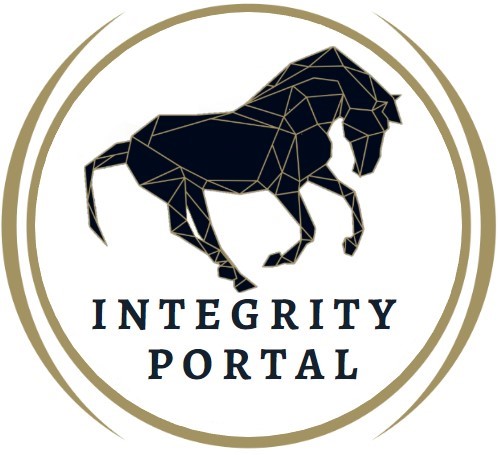The Referrals Committee, Justice Tony Hunt, (In the chair), Philip Caffrey and Philip McLernon met at the Turf Club, The Curragh, Co. Kildare on Tuesday, 22nd August 2017 and Tuesday, 26th September 2017, to consider whether or not James Coyle, Restricted Trainer, was in breach of any rules as a result of a stable inspection carried out at his Training Establishment on 6th June 2017 by Turf Club officials, Michael O’Donoghue and Declan Condell.
During the inspection, a number of anomalies were discovered which included:
(i) failure to operate in strict compliance with the Rules and Regulations of the Turf Club. (Rule 147(i))
(ii) allowing horses to be trained in unlicensed establishments. (Rule 147(vi))
(iii) not having a Medicines Register available and failure to have a secure medicines’ unit in accordance with the Rules of Racing. (Rules 148 (iii) (a) & (b))
(iv) failing to exercise adequate supervision over horses which he was registered as being trainer of. (Rule 148 (iv))
(v) failing to return a Termination of Employment form in respect of registered employee who is no longer in his employment. (Rule 149(ii))
The matter was referred to the Referrals Committee by Cliodhna Guy, Head of Legal and Compliance.
Evidence was heard from James Coyle and Michael O’Donoghue. The Committee also considered a report on the stable inspection.
In his evidence, Michael O’Donoghue went through the Inspection report and highlighted the anomalies found. He referred in particular to the fact that four horses namely, Bendigo Too, Dottie Lottie, Joy for Mary and Miss Magoo were not at his Training Establishment when they arrived even though they had been returned in training under Mr. Coyle’s name. He said that these horses were over in the yard of Pat Coffey near Slane and were being trained by Mr. Coffey without the supervision or direction of Mr. Coyle. He noted that Mr. Coffey’s yard, while it had been licensed in the past, was now unlicensed. He also noted that Mr. Coffey had an involvement in the four horses either as a part-owner or through syndicates.
Mr. O’Donoghue also informed the committee that there was no Medicine’s Register available and that the medicines’ unit was not secure. He said that he had also failed to return a Termination of Employment form in respect of registered employee who is no longer in his employment.
In his evidence, James Coyle apologised for what had occurred and outlined how the horses returned in training under his name ended up in Mr. Coffey’s yard. He also said he accepted that the Medicines’ Register was not available for inspection on the day and that the medicines’ unit was not secure. He also accepted that he had failed to return a Termination of Employment form but that all these matters had now been corrected. In conclusion, he said that he had held a licence since 1976 and had never been in trouble with the Turf Club.
Having considered the evidence the Referrals Committee found that there were a number of rule breaches. They said that James Coyle was ultimately a truthful, honest and decent witness who had fully cooperated with the Turf Club. They expressed a view that the arrangement in relation to the horses was not dreamt up by Mr. Coyle but arose as a result of the conduct of others which he unwisely went along with. They said they were giving him the benefit of every doubt in arriving at the rules that they were now finding him in breach of and that this would be taken into account when considering penalty.
As a consequence, they found that James Coyle was in breach of Rules 148(iii)(a) and (b) and Rule 149(ii). They imposed a fine of €130 in each case – total €260.
The committee also found that James Coyle was in breach of Rules 147(vi) and 148(iv) which they regarded as far more serious rule breaches. They stated that findings in respect of these rule breaches would usually result in a suspension of a licence. However, in Mr. Coyle’s case, in arriving at an appropriate penalty, they needed to take into account Mr. Coyle’s individual circumstances, the fact that he gave truthful evidence, his good record and his admittance of the rule breaches at the earliest opportunity. Taking all these factors into account, they suspended Mr. Coyle’s licence for 12 months but ordered that the penalty would not come into effect provided there were no further breaches of Rules 147(vi) and 148(iv) in the next two years. In determining the two year period, the committee ordered that it is the date of the commissioning of the offence which applies. Mr. Coyle accepted that if there is such a breach that this penalty will be activated together with any other penalty which may be imposed for the new offence.
In conclusion, the committee stated that they wanted to place on the record that the penalty imposed in this particular case was specific to this case and was as a result of the evidence given by Mr. Coyle and his general attitude to the enquiry, and that it should not be taken as a precedent for future cases.
The case was presented Cliodhna Guy, Solicitor, Head of Licensing, Legal and Compliance.

